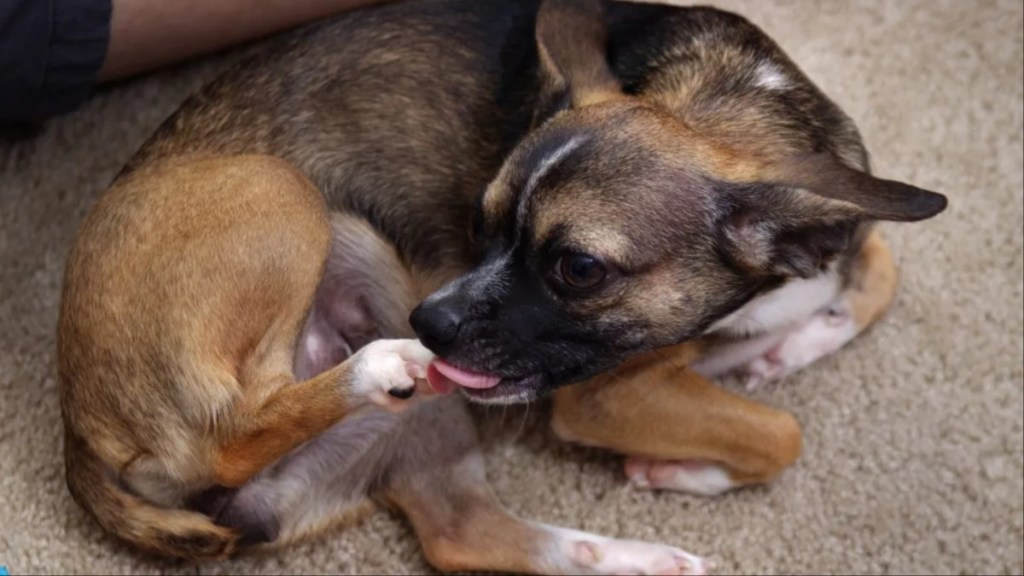Pet owners often wonder why dogs lick their paws and private parts, as this behavior is frequently observed in canines. While it may seem like a simple grooming habit, there are various reasons why dogs engage in this behavior. Understanding the underlying motivations behind paw and genital licking can provide valuable insights into your pet’s health and well-being.








